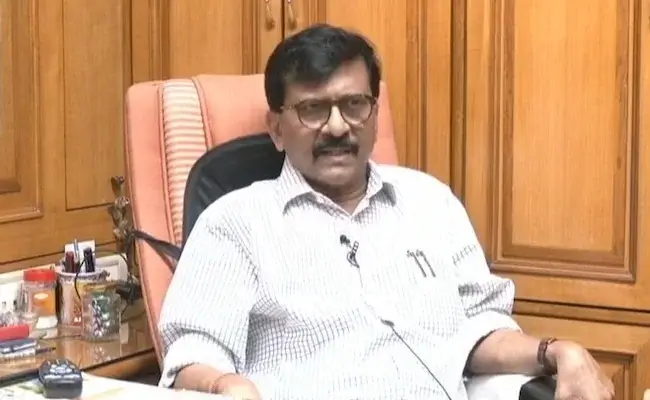[ad_1]
The Gujarat government is all set to introduce a Common Universities Act to tighten its control over its public varsities.
The draft of the Common Universities Bill has already been deliberated over by the state government and approved by the education ministry. It is most likely to be tabled in the upcoming monsoon session of the Assembly.
Confirming the same, Education Principal Secretary Mukesh Kumar told The Indian Express, “Though the National Education Policy 2020 has triggered the Common Universities Act, the individual university acts have already consumed its utility and the need was felt for a long time. Already, the board of governors concept has been working at some of the public universities for the past six-seven years.”
The Common Universities Act will do away with all the political elected bodies such as the senate and the syndicate. These will be replaced by the board of governors. The state government has also kept a provision in the draft that gives it the authority to “appoint their officers as registrar, finance and accounts officer or controller of examinations on deputation if the university officials fail to perform their duties”.
Further, the term of the Vice-Chancellor will be changed from three years each for two terms to a one-time five-year term.
“The government shall also have the power to inspect the universities and its affiliated colleges by an official not below the rank of joint director as well as conduct their audit as and when deemed fit,” the draft Bill states.
The more recent cases of Gujarat’s public universities overruling or not abiding by state government’s orders has given a reason to the state to tighten its grip over these public institutions citing the implementation of the National Education Policy, 2020. This also comes after an attempt by the government to wipe out political elected bodies in some largest public universities, like Gujarat University, which has not conducted Senate elections for the last three years, leaving no representation of students, faculty and management.
According to sources in the state government, there is a greater political will towards bringing in this Act. They revealed that in the recent past, there was an instance where the government wanted to appoint its official as registrar in one of the largest public universities in the state, but the university simply declined to do so.
“Through this Act, the state government aims to ensure its control by making it binding on the public universities to follow its orders. What is happening now is that the state government has realised that its own public universities have slipped away from its hands. The government is feeling helpless as it has no control over these universities and are not listening to it,” sources privy to this development in the state government told The Indian Express.
The Act will apply to six of the oldest and major public universities in the state — Gujarat University Ahmedabad, Hemchandracharya North Gujarat University Patan, Maharaja Krishnakumarsinhji Bhavnagar University, Sardar Patel University Anand, Saurashtra University Rajkot and Veer Narmad South Gujarat University Surat.
The remaining public universities already have a board of governors, thus keeping these away from its ambit, at the moment.
Sources also revealed that the state government has been studying similar Bills or Acts of other states such as Rajasthan, Uttar Pradesh, Jharkhand, Maharashtra and Karnataka.
[ad_2]











